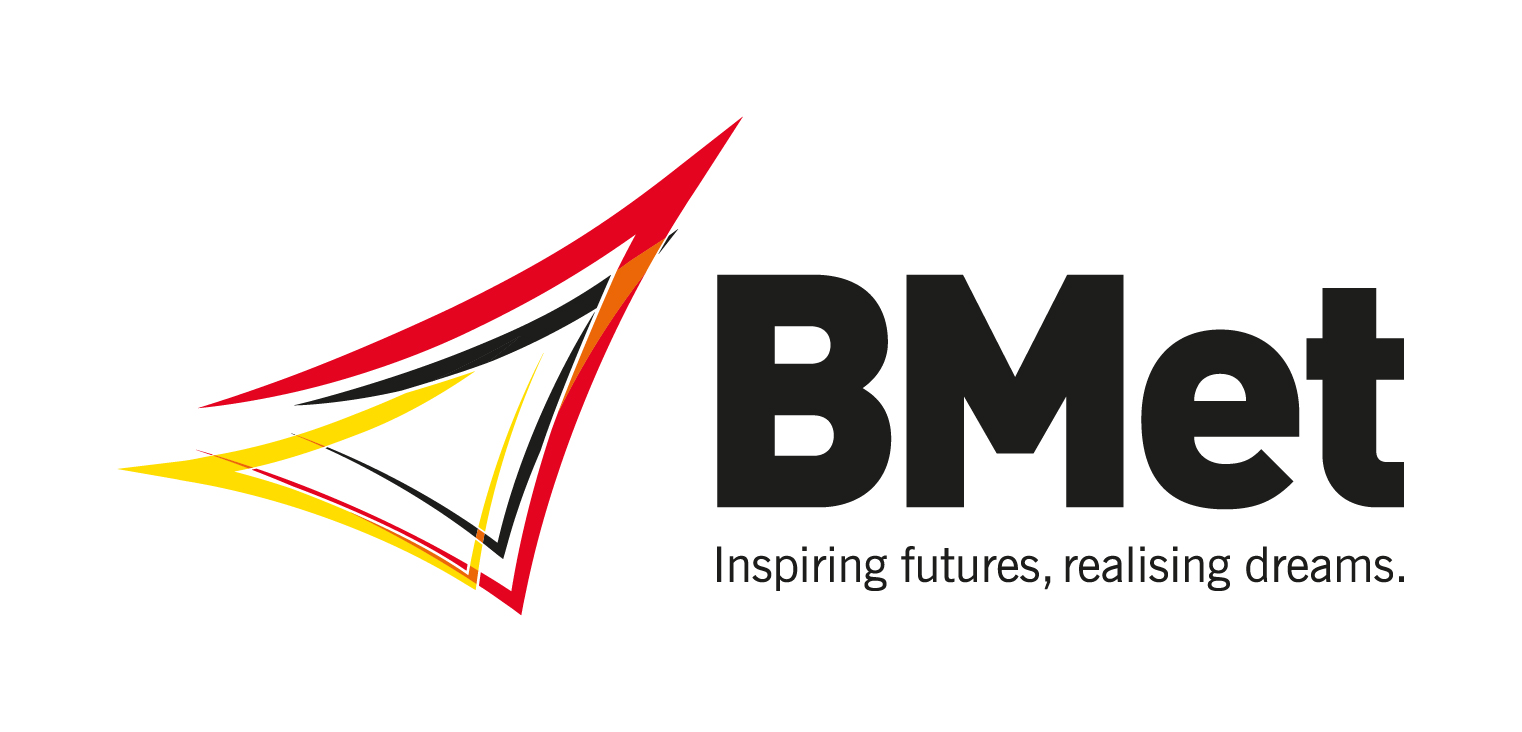Course Overview
This course has been written to provide you with a wide technical background to support a range of careers in electronic and control engineering. Instrumentation and Control Engineers design, install, and maintain electronics and control equipment for a wide range of industries in the sector including vehicle manufacture, aerospace, food and beverage production, transport, IT and leisure. The course has a strong technical element that will help you develop the skills you need to succeed. If you are employed in the industry this course will provide you with advanced knowledge and skills which will enhance your career prospects. If you are not employed, the course will provide you with a good grounding to help you to find employment in the field.
In your first year, your study will include a range of subjects at Level 4 providing a good grounding in the fundamentals. This includes maths, electrical and electronic principles, electronics and management. You will also design electronic circuits and test them by simulation, develop programmes using Arduino systems and program PLCs which are widely used to control processes in the industry.
In Year 2, your study is at Level 5 and builds on the knowledge and skills gained in Year 1. You will carry out more advanced analogue and digital circuit design and develop advanced knowledge of sensors, actuators and control systems. You will also study how information is sent over networks using Cisco material. An important part of Year 2 is the completion of a work-based project which will give you the opportunity to carry out a project of commercial significance linked to your employment.
Entry Requirements
ACADEMIC REQUIREMENTS UCAS Tariff Points: Pre-2017 Entry - 160 points, Post-2017 Entry - 64 points
The tariff points can be made up of:
- A Levels (GCE and VCE): 2 A Levels at Grade C
- BTEC Extended Diploma: Grade MPP
- BTEC Diploma: Grade MM
- BTEC 90 Credit Diploma: Grade DM
- Access to HE: Grade P45
If the Level 3 qualification is made up of A Levels one A Level must be Maths or Physics. All other qualifications must be an engineering, science or IT subject.
Minimum number of GCSEs at Grade C or above: 5 which must include: GCSE English: Grade C or 4 GCSE Maths: Grade C or 4
Are Level 2 equivalents accepted?: Yes We encourage applications from students who do not meet the entry requirements outlined but can demonstrate ability through work experience, portfolio of evidence or successful interview.
Delivery & Assessment methods
A range of assessment methods are used including assignments, examinations, case studies, projects and presentations. Opportunities for team-working will also be available.
Progression
Students successfully completing the Foundation Degree with merit grades or higher will be able to progress on to the final stage of an honours degree (this component will take 2 years part-time or one year full-time, subject to university regulations). Students passing the course but not achieving this grade profile will be able to progress on to the 2nd year of the honours degree. If you choose to go straight into work you will be responsible for testing, designing, developing and production of electronic systems in fields such as transportation, aerospace, vehicle maufacture and food production.
Career Opportunities
- Engineering Technicans
- Manufacturing Technicans
- Aeronautical Engineers
- Electricians


 cy
cy




